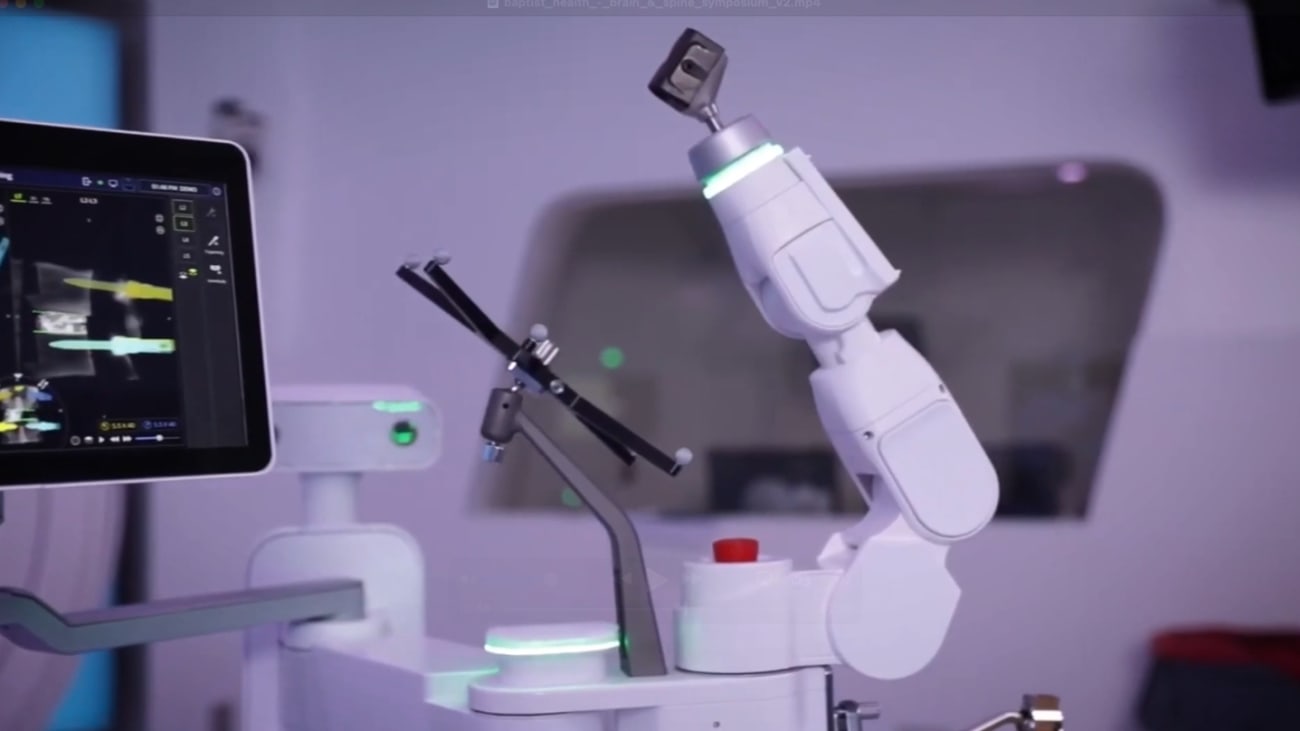

There is growing reason for optimism in the management of complex brain and spine disorders. Advances in diagnostics, therapeutics and surgical technologies are expanding treatment options — even for patients with severe or life-threatening neurological conditions. The key to optimizing outcomes and preserving function, however, is referring patients to specialists and subspecialists early.
Experts at the inaugural Marcus Neuroscience Institute Brain & Spine Symposium shared the latest advances recently with physicians and other healthcare providers. “Whether you’ve been in practice many years or are newer in your career, it’s important to know that our treatment options have expanded immensely in recent years. Patients don’t need to suffer,” says neurosurgeon Warren Selman, M.D., chief medical executive of Marcus Neuroscience Institute at Boca Raton Regional Hospital, part of Baptist Health.
Neurological conditions impact more than one in three people globally, making them the leading cause of illness and disability worldwide, according to the World Health Organization. Common neurological disorders include stroke, Alzheimer’s disease and dementias, movement disorders such as Parkinson’s disease and essential tremor, epilepsy, autoimmune conditions like multiple sclerosis and myasthenia gravis, and spinal deformities. In South Florida, the prevalence of many of these conditions is rising as the population continues to age.
The symposium featured a wide range of lectures from Institute physicians, including:
· Parkinson’s Disease: Past, Present and Future — Sameea Husain, D.O., director of Movement Disorder Neurology
· Alzheimer’s Updates — Peter Gliebus, M.D., medical director of the Cognitive & Behavioral Program
· Neuromuscular Disorders — Svetlana Faktorovich, M.D., director of Neuromuscular Medicine
· Epilepsy Update: Beyond Antiseizure Medications — Pooja Patel, M.D., director of Epilepsy
· Spinal Cord Stimulators in the Management of Back Pain — Seif Elbualy, M.D., director of Interventional Pain Management
· Managing Adult Spinal Deformities — Elias Dakwar, M.D., medical director of the Deformity Spine Surgery Program
Lectures on technological innovations in spine and brain surgery were also delivered by Dr. Selman and Timothy O’Connor, M.D., director of Minimally Invasive Robotic Spine Surgery. Among the emerging technologies discussed were artificial intelligence and augmented reality. Dr. O’Connor was the first neurosurgeon at Baptist Health to perform next-generation augmented reality spinal surgery using the latest version of a novel, advanced high-resolution technology. The Institute is also preparing to launch another new virtual and augmented reality platform for neurosurgery. Not only does the technology improve surgical planning and visualization, but it allows a patient to don a 3D headset and “fly” through their own brain, gaining a better understanding of their condition.
Frank Vrionis, M.D., chief of Neurosurgery, spoke on normal pressure hydrocephalus, a common, often misdiagnosed but treatable cause of dementia. His patient, who had spent 20 years searching for answers to resolve her mysterious medical problems that included difficulty walking, falls, urinary incontinence and worsening dementia, recalled her experience. Two weeks following surgery to insert a shunt to drain the excess fluid in her brain, she told the audience that her symptoms had diminished — some of them entirely — and that she is feeling well.
“By the time many patients reach me, they have suffered for years,” says Dr. Dakwar, one of the symposium directors and medical director of the Deformity Spine Surgery Program at Marcus Neuroscience Institute. “In general, the earlier we can see a patient, the better.”
Physicians also provided the latest results from a number of clinical trials and discussed several upcoming trials in which they will be participating.
In addition to offering cutting-edge technology in the hands of compassionate experts, it’s the Institute’s multidisciplinary and comprehensive approach to care that makes a difference, says Dr. Gliebus, one of the symposium’s directors. “At Marcus Neuroscience Institute, our collaborative approach enables us to consider each patient individually,” he says. “Working together, we can develop the best plan for that patient.”

